This is a story about how the members of the Worship and Ministry Committee of Central Philadelphia (Pa.) Meeting experimented with a new way of helping Friends and attenders better understand Quaker worship.
During the past few years, and particularly since the pandemic began, we began hearing from Friends about their concerns regarding the quality of worship. It seemed that many people—including some newcomers (we have had many in the last three-plus years) and a number of longtime members as well—were treating our worship time as an opportunity to report on their latest “news.” Some meetings for worship felt like support-group meetings, in which several people updated us on the latest happenings in their lives. Quite possibly this was related to the increased isolation many of us experienced during the pandemic.
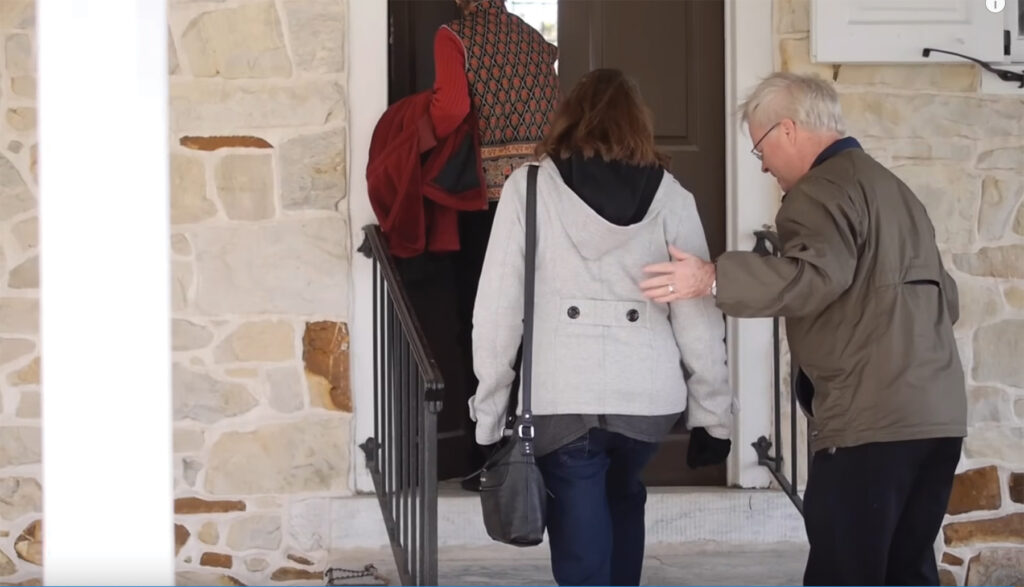
We on the Worship and Ministry Committee shared these concerns, and we began considering what we might do to help people better understand the spiritual grounding of Friends worship: that we enter into silence in order to listen for the “voice” of the Spirit, or God, or the Inner Light. The first idea was to hold a special program on Quaker worship. But the problem with that approach, we agreed, was that the people who needed some help in reaching a better understanding of our worship experience were the least likely to attend such a program. Another concern was that we did not want to suggest that there is only one way to enter and participate in true Quaker worship, for we know that Friends follow different paths.
So we came up with the idea of having a series of seasoned Friends each take a turn to describe their own experience and understanding of Friends worship at the start of actual Sunday meetings for worship over a period of several months.
And then a committee member, moved by the Spirit, brought a very thoughtful written description of his own experience and understanding of worship to our next committee meeting. When he read it to us, we were deeply moved. We promptly decided that each of us would prepare and share our own personal statements about our experience of worship in our next couple meetings. We found that, though alike in being grounded in an experience of the Spirit, there was a rich diversity in the paths we took to enter worship and the ways in which we experienced the Spirit. We felt this was important.
When we informed the meeting clerk of our proposal to have each member of Worship and Ministry read their own personal statement at the start of a Sunday meeting for worship, she asked us to present the plan to a meeting for business. We did so, emphasizing that we did not want this to “program” our meeting for worship, but that this could be an appropriate way to help people think more deeply about Friends’ approach to worship.
We agreed to characterize such sharings as “preparation for entering worship,” rather than as a “message at the start of worship.” We prepared a script that was used by the Friends who greeted people at the start of meeting for worship each Sunday, explaining that a member of our committee would read aloud a reflection before those gathered actually settled into worship. We noted our hope that these individual reflections would contribute to a deepening of our community’s shared experiences of corporate worship.
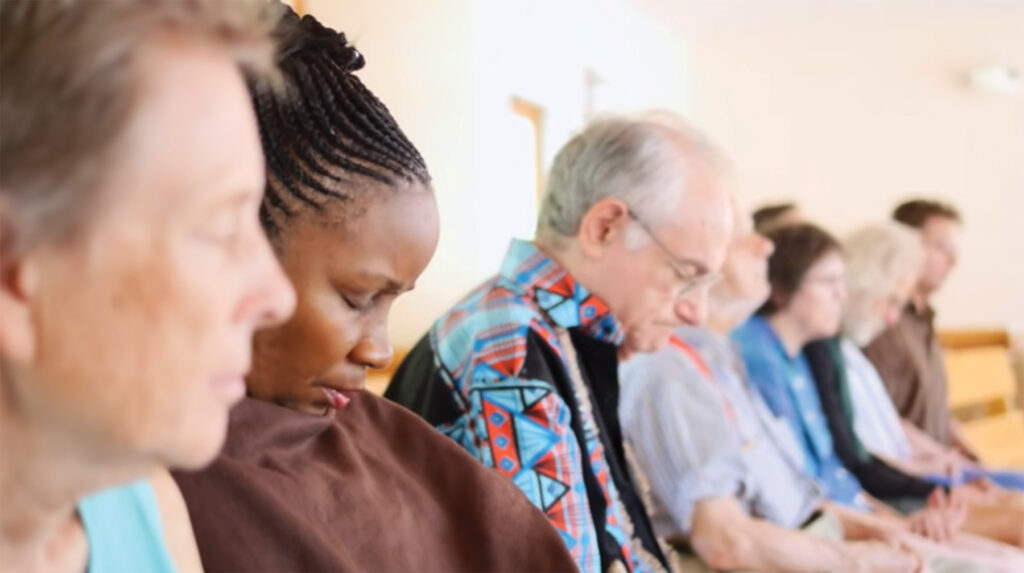
On alternate Sundays over a period of 16 weeks, each of the eight members of our committee took a turn sharing their reflection just prior to worship. (We should also note that during this period, our Adult Religious Education Committee prepared an excellent and well-attended special program on the history and practice of Quaker worship.)
Many Friends have commented that our meetings for worship have become deeper and more grounded in Spirit during these four months. Many people still share what’s happening in their lives with the worshiping community, but most speak of this during our “joys and sorrows” period after meeting for worship. And it seems that more people are discussing Quaker worship, and their own experiences, with each other than was true in the recent past.
Here are excerpts from some of the messages shared by members of the Worship and Ministry Committee:
As the room grows still, there’s a short, prayer-like statement that I often repeat to myself as I try to center. Basically, the words are, “I open my life to be led by the Spirit.” . . . My belief about and experience of Spirit is more like a presence or a one-ness. I think of it as the Source, which we can all tap into, as a music to which we can attune our lives.
Coming into the meetinghouse is a communal experience. It is a recognition that we are together in silence, centered and calling upon the Spirit to join us. Sitting together, waiting expectantly in the Spirit, I think about the importance of listening. . . . There are times when my listening goes beyond the words being shared, and I am connecting with the inner spirit (perhaps the Light) of the people with whom I am sitting.
I understand that I am always in the Presence, but I need to practice a spiritual discipline to help me be deeply aware of it. I often imagine the Presence as a stream, flowing through and around me. I work to align myself with the current, to go with that flow. . . . I also strive to always be aware of the deep injustice and violence in the world. Our awareness of beauty and love should never blind us to the terrible reality of these, and to the terrible suffering of humans and other beings on our earth.
Once seated, I take a few deep breaths and let go of anything that comes into my mind: worries about money, relationships, the news. . . . Then I try to settle into rhythmic breathing. . . . Once I get my breath regulated, I imagine us all surrounded by light. I wash us with light inside my mind. I imagine a huge wave of light going under us, and then over us. I often feel tingly, peaceful, filled, aglow.


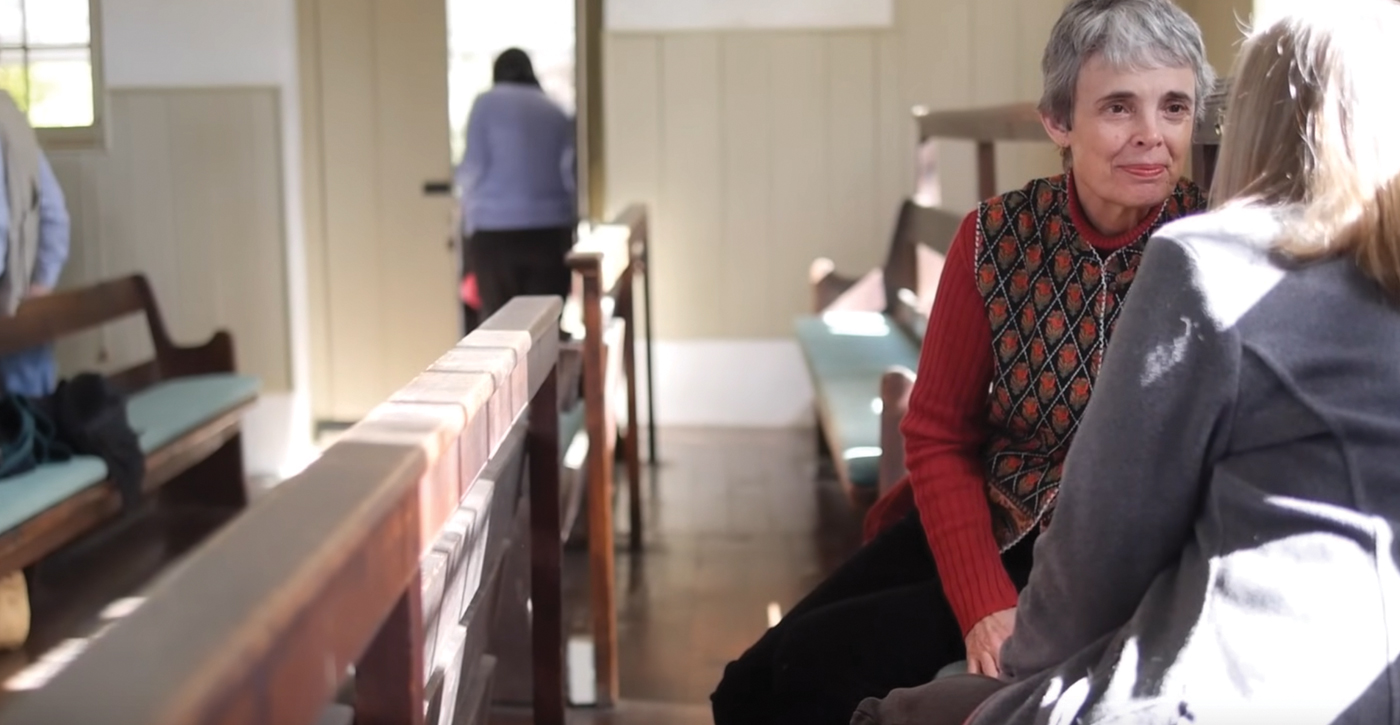
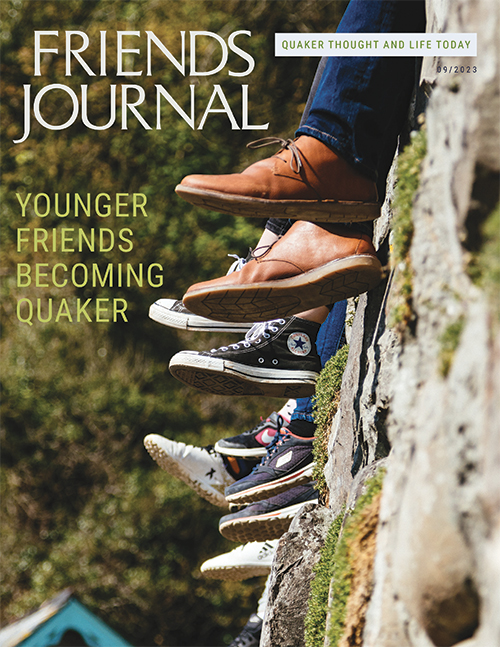
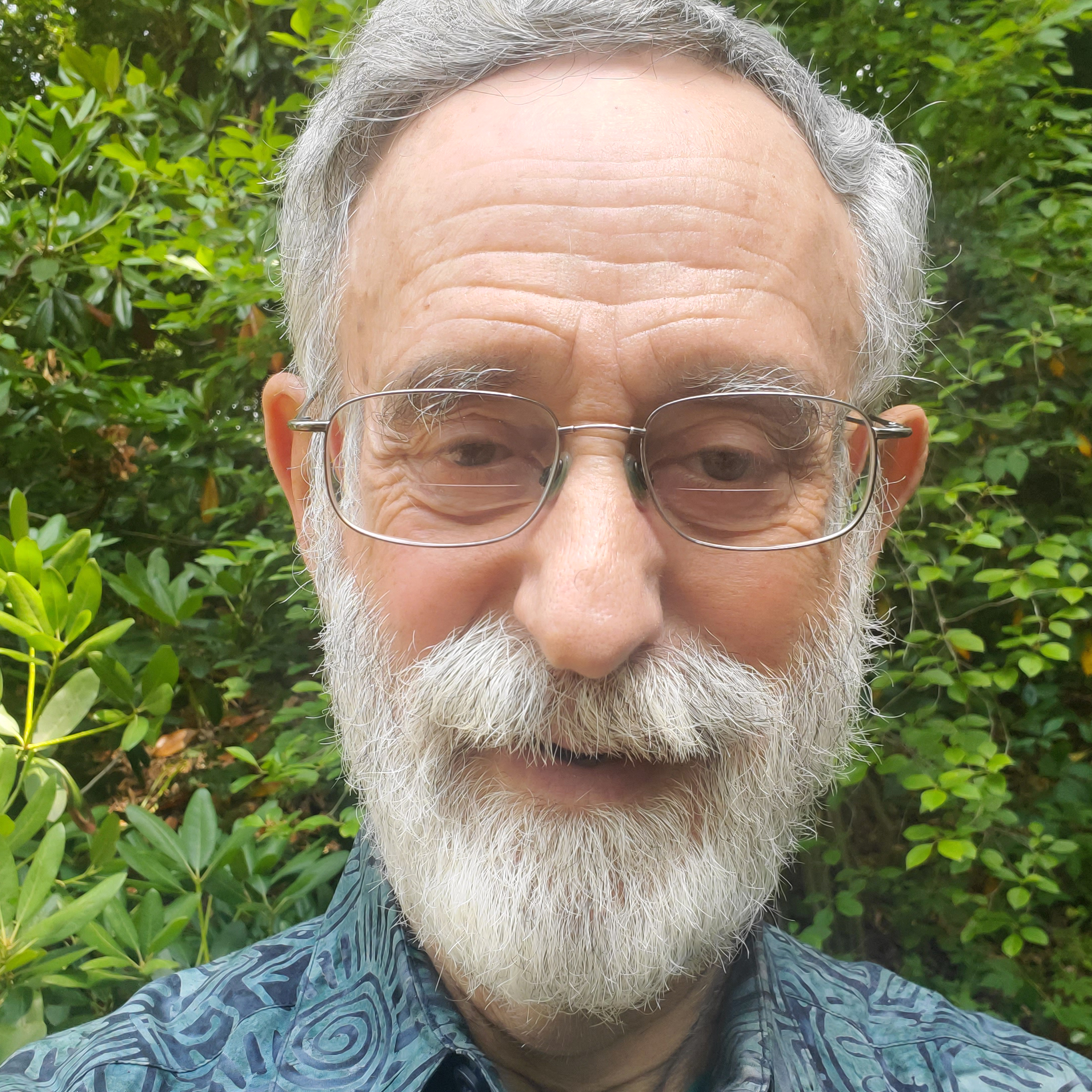
I found the opening observations about worship helpful. The meeting I attend has often, but increasingly less frequently, been in a position of having to listen for up to a half hour or more of a long time friend rehashing her past going back decades. Some of us have felt like an unwilling audience and as though we have been denied the peace and silence we needed for our own inward journey. Members have spoken with this Friend in private over the years to no avail. This friend has become convinced that her long personal narratives, often about persecutions she suffered during her career, or reminiscences about her marriage and her deceased spouse are her spiritual ‘testimonies’. The clerk of our meeting has been extraordinarily patient with this ongoing situation. As a member of the “care committee’ I took it upon myself to speak quietly with this Friend after about 20 minute of a similar personal narrative about her marriage and asked her to permit us some silent reflection time as there were those among us who really needed it an had been looking forward to it. She subsided for time and then began again two times more near the end of Meeting. A few people thanked me for helping, but I felt uneasy
about the position I had taken. It is a confusing situation and I would truly appreciate some insight from more experienced or ‘weighty’ friends.